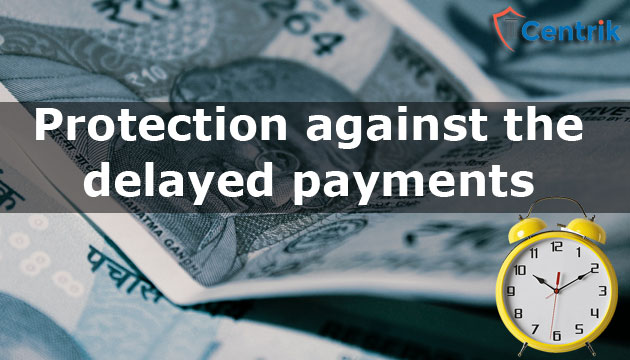Applicability of Section 17 of the Arbitration and Conciliation Act, 1996 to Foreign Seated Arbitrations
By applying Section 17 to arbitrations seated outside India, India shall move a step ahead in ensuring that the assets or subject matter of the dispute located in India are secured expeditiously, and no party can play any kind of dilatory tactics to render such foreign seated interim awards infructuous.
















 join For Updates
join For Updates